This year, lecturers from the Language Centre, Chemistry and Computer Skills launched a brand new and exciting collaboration project. They joined forces to give extra dimension to the Language Centre’s academic literacy module, Scientific Communication Skills 146, as well as to modules in Chemistry and Computer Skills for students in extended degree programmes in Science, AgriSciences and Engineering.
Students in these modules were given the assignment that they had been appointed by a fictitious government commission to form part of a scientific advisory team that had to investigate and report on a range of relevant topics related to chemistry. The students had to do research in groups and submit a written argument for or against the specific topic. Subsequently the groups had to make their research available to the public by means of five-minute videos in which they communicated their arguments.
The outcomes of this project were the application of reading and writing skills in the context of science in society in general and in South Africa in particular, the development of the ability to choose relevant sources when compiling logical arguments in support of or against a certain issue and, ultimately, to investigate new ways of communicating knowledge to a larger audience.
What made this project even more unique was that students were part of the decision-making process throughout. Right at the beginning, students were given the opportunity to vote for a name for the project. The word ‘phakama’, which means ‘rise up’ in isiXhosa, was chosen as the name. Students were then given the opportunity to identify their own research topics and eventually the students themselves voted for the top video. Topics ranged from nuclear power, genetic modification to adding fluoride to drinking water, a topic which the winning team has explored. The team consisted of Temika Moodley, Jade Opperman, Alliance Sambo and Lukhanye Swapi. Please click here to watch their video.
Students found the project to be innovative and relevant. “The Phakama Project showed me that academics can be both exciting and fun,” was the feedback from one of the students.



